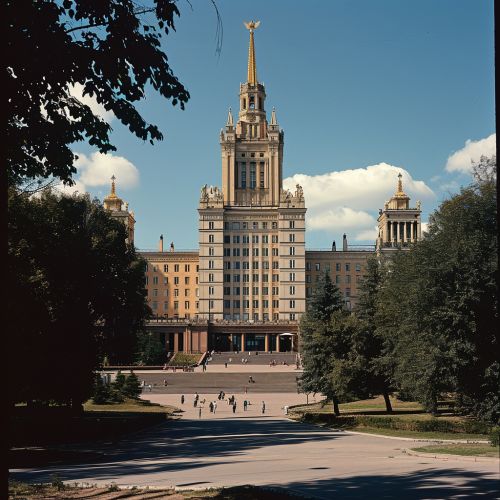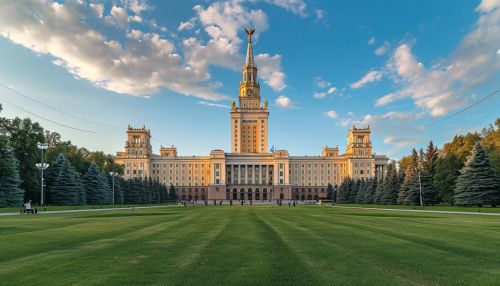Andrei Vyshinsky
Early Life and Education
Andrei Yanuarevich Vyshinsky was born on 10 December 1883 in Odessa, in the Russian Empire (now Ukraine). His father, Yanuarevich, was a Polish nobleman, and his mother, Yevgenia Ivanovna, was of Russian descent. Vyshinsky's early life was marked by hardship, as his father died when he was just three years old, leaving his mother to raise him and his siblings alone.
Vyshinsky received his early education in Odessa, where he showed a keen interest in law and politics. He later moved to Moscow to pursue higher education at the prestigious Moscow State University, where he studied law. During his time at the university, Vyshinsky became involved in revolutionary activities, joining the Russian Social Democratic Labour Party in 1903.


Political Career in the Soviet Union
After graduating from the university, Vyshinsky began his political career as a lawyer, defending political dissidents and revolutionaries. He quickly rose through the ranks of the party, becoming a prominent figure in the Soviet legal system.
In 1928, Vyshinsky was appointed as the Prosecutor General of the Soviet Union. During his tenure, he played a crucial role in the Moscow Trials, a series of show trials held in the late 1930s. Vyshinsky's aggressive and theatrical prosecution style earned him both admiration and criticism. His famous quote, "Shoot these rabid dogs," during the trials, became a symbol of the era's harsh political repression.
Vyshinsky also played a significant role in the formulation of the Soviet Union's foreign policy. In 1949, he was appointed as the Soviet Union's Foreign Minister, a position he held until his death in 1954. During his tenure, Vyshinsky represented the Soviet Union in various international forums, including the United Nations, where he was known for his fiery speeches and staunch defense of Soviet policies.
Legacy and Controversies
Vyshinsky's legacy is a subject of much debate among historians. While some view him as a loyal servant of the Soviet state, others see him as a symbol of the brutal repression and injustice that characterized the Stalinist era. His role in the Moscow Trials, in particular, has been widely criticized, with many arguing that the trials were a gross miscarriage of justice.
Despite the controversies surrounding his career, Vyshinsky's influence on Soviet law and foreign policy cannot be denied. His aggressive prosecution style and his staunch defense of Soviet policies on the international stage left a lasting impact on the Soviet Union and its place in the world.
